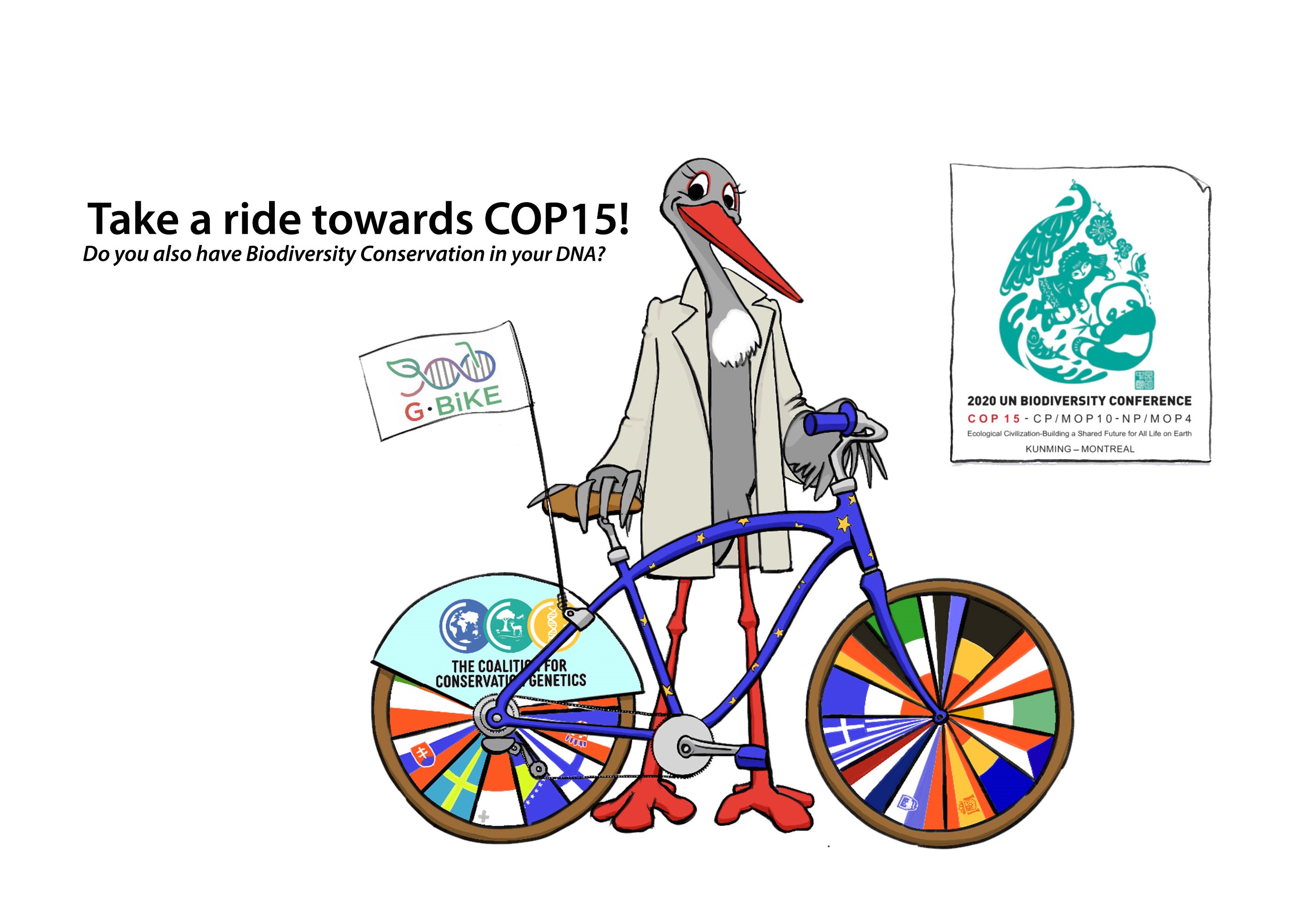G-BiKE's WG5 leader elected to the AHTEG on Indicators

During the fifteenth meeting of the Conference of the Parties (COP15), the monitoring framework for the Kunming-Montreal Global Biodiversity Framework (GBF) was adopted (decision 15/5 (https://www.cbd.int/doc/decisions/cop-15/cop-15-dec-05-en.pdf)). In the same decision, it also decided to establish an Ad hoc Technical Expert Group (AHTEG), with a time-bound mandate until the sixteenth meeting of the COP, to advise on the further operationalization of the monitoring framework. A total of 242 nominations were submitted by Parties, Governments, and observer organizations. The G-BiKE community will also be represented in the AHTEG since fellow G-BiKEr, Belma Kalamujić Stroil, has been elected among 45 members. The list of selected experts of the AHTEG, including 30 from Parties and 15 from observers, was prepared in consultation with the Bureau of the Subsidiary Body on Scientific, Technical and Technological Advice. The complete list is available on the CBD website at: http://www.cbd.int/doc/notifications/2023/ntf-2023-040-indicators-en.pdf.
The role of the AHTEG on Indicators will be:
(a) To provide technical advice on remaining and unresolved issues relating to the monitoring framework for the Kunming-Montreal Global Biodiversity Framework, as outlined by the Conference of the Parties at its fifteenth meeting, and to prioritize work on the following elements leading up to the sixteenth meeting of the Conference of the Parties;
(b) To provide guidance to Parties on the use of indicators in national planning and reporting, including by reviewing how indicators are proposed for capture in the Online Reporting Tool for national reporting;
(c) To provide guidance to Parties on ways to fill temporal and spatial data gaps, including through the use of big data, citizen science, community-based monitoring and information systems, remote sensing, modelling and statistical analysis, and other forms of data and other knowledge systems, recognizing the specific challenges faced by developing country Parties to develop and access information tools;
(d) To provide advice on the existing capacity, gaps and needs in terms of capacity development, technology transfer and financing needs related to the monitoring of the Kunming-Montreal Global Biodiversity Framework. Congress Genetics
Congress Genetics